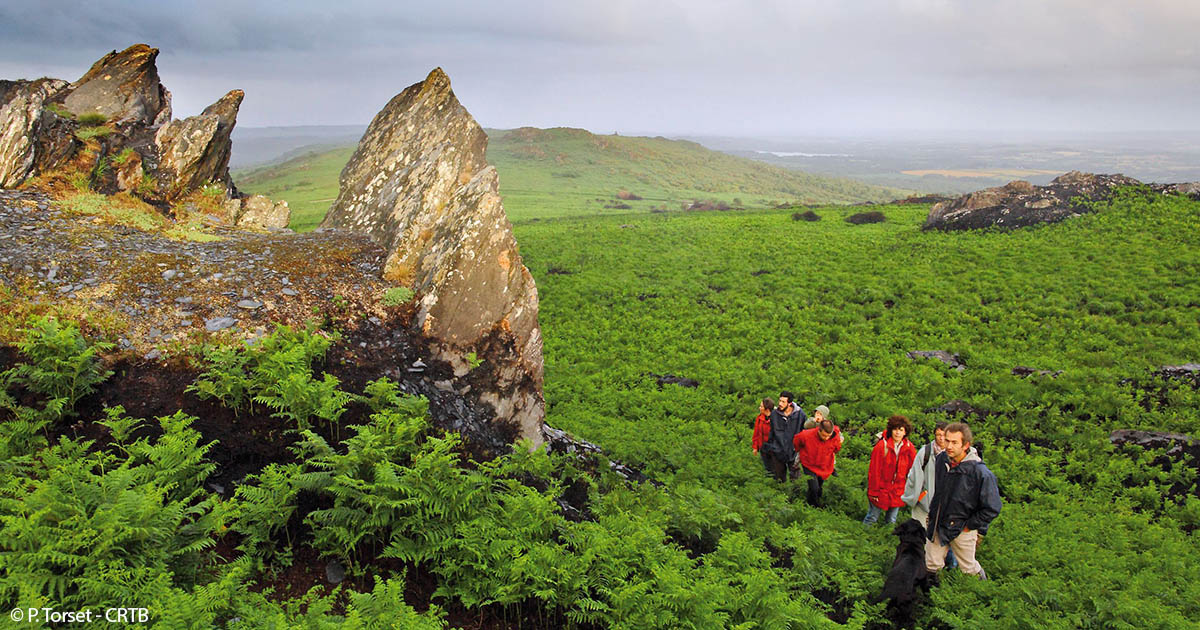


Interreg, through European Regional Development Fund (ERDF) funding, helps the tourism sector address challenges such as the Covid-19 pandemic, environmental threats, the impact of mass tourism on local communities and how to protect fragile ecosystems.
Tourism is one of the fastest growing and largest industries in the world, with Europe being the world's primary tourism destination. Pre-pandemic the sector accounted for 10 % of global (USD 9.2 trillion – EUR 7.87 trillion) and EU GDP and provided around 1 in 10 jobs globally.
EU countries and regional and local authorities are primarily responsible for policy in the cultural and tourism sectors. The EU complements those initiatives by funding projects to implement tangible, sustainable and local strategies on the ground that could otherwise stay underfunded.
The approach targets support to local stakeholders who are developing innovative and cross-border solutions for the benefit of local communities and economic growth. The funding also supports cultural and natural heritage through good conservation practices.
For example, the ERDF-financed Interreg France (Channel) England Programme 2014-2023 supports innovative cross-border projects for the benefit of those communities and beyond, as the results and good practices will be shared with neighbouring countries and actors.
In the Channel regions of France and England, coastal areas and natural sites like biosphere reserves and geoparks attract over 20 million visitors per year. The impact of visitors on these sensitive areas and an ever growing demand for nature tourism has led to cross-border projects focused on delivering innovative solutions to build a new sustainable tourism model.
One of these, the EUR 1.2 million project USAC (UNESCO Sites Across the Channel), is developing new sustainable tourism activities in four biosphere reserves or geoparks around the Channel.
These sites are celebrating and protecting biodiversity and the natural landscape through activities such as artistic festivals, exhibitions, discovery tours, nature hikes, geocaching, farm stays and out-of-season activities.
They are doing so by limiting the negative effects of tourism on coastal and sensitive sites while delivering benefits to their local communities and economies. The project also helps other biospheres to achieve UNESCO status as protected heritage and cultural areas.
The EUR 4.3 million BCHT (Bio-Cultural Heritage Tourism) project is developing a sustainable way of managing tourism in four biosphere reserves by monitoring visitors flows as a means of protecting sensitive environmental sites. The project is using a planning tool to attract visitors to less sensitive areas. It is also developing a range of products and activities based on the concept of “bio-cultural heritage”, to benefit local tourism businesses.
Meanwhile, the EUR 23.3 million EXPERIENCE project is testing and launching new off-season offers to extend the tourism season and attract more visitors to six areas across England and France between the months of October and March. The project takes an innovative and sustainable ‘experiential tourism’ approach by using low-carbon options and recycled materials.
Through EUR 8.3 million VISTA AR project, the Interreg programme is addressing the growing demand for digital and technological transition in the cultural sector. The project is developing and implementing augmented reality and virtual reality experiences and tools for tourist attractions in cultural heritage sites in England and France. It also provides tools to allow site managers to gain insight into their visitors’ behaviours and interests.
It is through such initiatives and funding that the EU is demonstrating its commitment to preserving and promoting Europe's cultural heritage and the development of a more sustainable tourism.
This commitment is guided by priority actions for the sector established through initiatives such as the 2020 European Tourism Convention and European Commission communication’s Agenda for a sustainable and competitive European tourism. The 2020 Convention launched a dialogue on the strategic orientations for the tourism of tomorrow, including sustainability and digitalisation.
Find out more:
Interreg France (Channel) England Programme